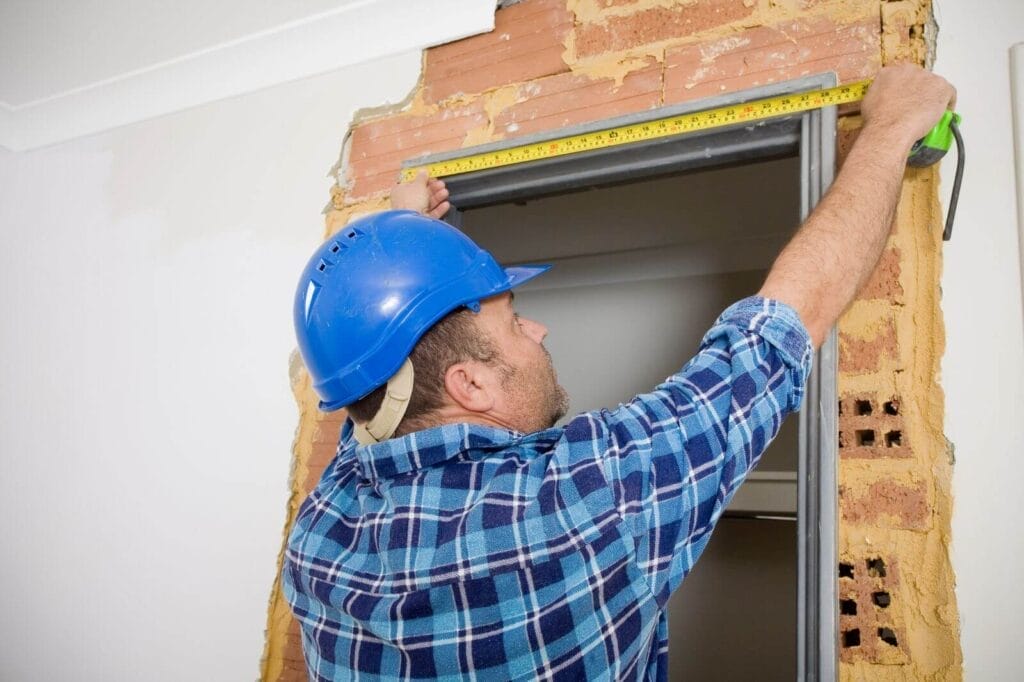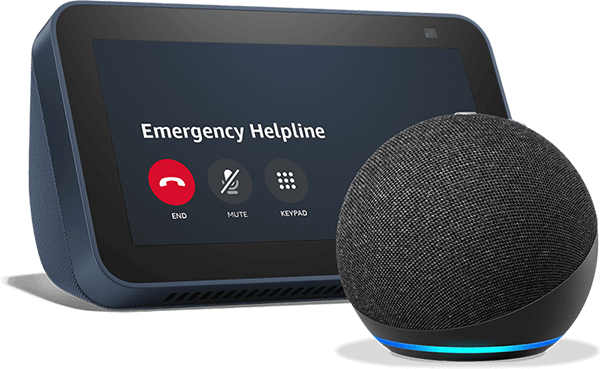
Many seniors want to age in place, which is when they remain in their homes as they age rather than moving to a senior living facility. Homes that were once suitable for younger adults and families might require modifications to meet the unique needs of older adults as they age at home. Numerous national, state, and county programs offer home repair assistance for seniors to make their homes safe, accessible, and comfortable.
Homes often need renovations and repairs as they age. Many homeowners, especially seniors, may have financial constraints in maintaining their homes. The government has several programs to bridge this gap, focusing on loans and grants to facilitate necessary home renovations and modifications for aging in place.
U.S. Department of Agriculture Single Family Housing Repair Loans and Grants (Section 504 Home Repair program)
Rural homeowners can access the Section 504 Home Repair program, which offers financial assistance for those facing challenges funding home improvements. It holds a special provision for elderly homeowners aged 62 and above.
The program splits its offerings into loans and grants. Its loans cater to low-income residents of rural areas needing extensive repairs and have low interest rates. The grants are for elderly homeowners who must address health or safety hazards. These grants are particularly beneficial as they do not require repayment.
These funds can address a range of repairs and upgrades, such as a leaky roof, an outdated electrical system, or other repairs. Recipients must use grant funding to fix safety concerns.
HUD Title 1 property improvement loans
The U.S. Department of Housing and Urban Development (HUD) spearheads the Title I program, which caters to homeowners looking to make property improvements but lack substantial home equity.
Depending on the loan amount and the nature of improvements, loans can be secured or unsecured. Secured loans require collateral, and unsecured loans do not. While loans for smaller, nonstructural modifications can be unsecured, larger loans for more extensive renovations typically must be secured.
Funds from this program can transform various areas of a home, including a much-needed HVAC system overhaul, bathroom renovations for enhanced accessibility, and complete kitchen modernizations.
HUD 203(k) rehabilitation mortgage insurance program
Tailored for individuals keen on purchasing or refinancing homes that demand repairs, the 203(k) rehabilitation mortgage insurance program combines the property’s purchase price and renovation costs into one consolidated mortgage.
Allowing the buyer to finance both the property acquisition and the required renovations simplifies the process of buying and renovating. The program encompasses a broad spectrum of home repairs, from foundational fixes and structural alterations to energy conservation improvements.
Those interested in these government programs should contact local USDA offices, HUD offices, or approved lenders specializing in these loans. Understanding eligibility, documentation, and application processes is crucial to use the full potential of these programs. Through their comprehensive support, these programs underscore a commitment to ensuring homes are safe and comfortable.
Medicaid’s Money Follows the Person program
Medicaid, a state and federal program offering medical insurance to eligible low-income individuals, also extends its reach to cover specific home modifications. These changes are especially significant for seniors, enabling them to age comfortably in familiar surroundings while maintaining independence and safety.
Money Follows the Person (MFP) is a Medicaid initiative that aims to counteract a significant issue: the institutionalization of elderly and disabled individuals. Recognizing the emotional and physical benefits of allowing seniors and those with disabilities to remain within their homes and communities, the program facilitates their transition from institutional settings, such as nursing homes, back to their homes or community-based residences.
Each state may have a unique name for this initiative, but the essence is the same. By providing financial support for necessary home modifications or equipment, the program ensures that homes are tailored to meet individual needs through improved mobility, safety, or overall accessibility. Covered modifications include ramps for wheelchair access, bathroom modifications for enhanced safety, stairlifts, doorway widening, or even specialized equipment for individuals with specific health conditions.
The first step for those interested in accessing Medicaid’s home modification programs is determining eligibility. Each state has specific criteria. Eligible individuals can contact their local Medicaid office or consult a Medicaid planner to get a clear picture of the programs available in their state and the application process.
Special assistance for Veterans
Veterans, having dedicated their lives in service to their country, deserve not just our respect and gratitude but also comprehensive support, especially when it comes to their housing needs. Recognizing this, various government-backed programs have been designed specifically to cater to the unique challenges and needs that Veterans might face, ensuring they can lead comfortable and dignified lives post-service.
Home Improvements and Structural Alterations grants
The Home Improvements and Structural Alterations (HISA) grant offers financial aid to Veterans to make necessary home modifications that improve disability access or address medical needs. Unlike some other grants, HISA is available to Veterans with both service-related and non-service-related disabilities, albeit with different funding caps.
These grants can cover a wide range of improvements, from ramp installations and doorway widening to installing walk-in tubs or specialized shower systems.
Specially Adapted Housing grant
The Specially Adapted Housing (SAH) grant is designed to help Veterans with specific, severe service-connected disabilities. The focus is on helping them live independently in a barrier-free environment.
The SAH grant can be used to construct or buy an adapted home or modify an existing home. Modifications can be comprehensive, addressing a range of disabilities. For instance, for a Veteran using a wheelchair, the grant could help cover the cost of modifying the home to become wheelchair-accessible.
Cash-out refinance loans
Cash-out refinance loans allow Veterans to refinance their existing mortgage into a government-backed mortgage or to draw upon their home’s equity. These loans are backed by the U.S. Department of Veterans Affairs (VA), which means they often come with favorable terms, such as competitive interest rates and no requirement for private mortgage insurance. Veterans can use the cash for many purposes, including home improvements.
Veterans interested in these programs should contact the VA or affiliated organizations for detailed information. It’s essential to understand eligibility criteria, required documentation, and the application process, which can vary across programs.
Wrapping it up
The desire to age in place and maintain independence can be supported using the many programs available for home repair and modification. Whether a senior lives in a rural setting, is a Veteran, or needs specific accessibility modifications, financial resources are available to make their homes safe and comfortable. While this list contains programs specific to home repair and modification, several other programs offer financial assistance you can use in any manner you choose, including to modify your home. By exploring the programs above, researching others, and accessing their assistance, seniors can ensure their homes are well-equipped for their golden years.








